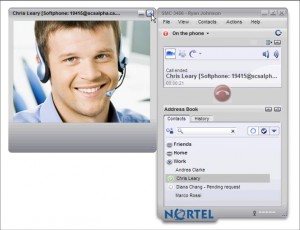Number porting has always been a hot topic in the telecoms world. Why does it take so long? Why can I move a number from “service provider A” to “service provider B” but not from “service provider C”.
In the “old” world porting was (is) an expensive process involving one provider actually forwarding calls to another. The number is never actually ported, just diverted. Whilst the consumer doesn’t see the costs the network operator certainly does.
Way back in November 2007 Ofcom decided to make it easier for everyone, consumers and networks alike and mandated that the UK telecommunications provider industry sort itself out. What’s more Ofcom gave everyone until 31st December 2008 to get a database populated with numbers so that porting would be made easy – within 2 hours for a mobile number, for example.
This would make switching service providers really easy and provide for a more competitive marketplace etc etc.
A working party was set up that includes all major telcos in the UK together with representation of smaller businesses via ITSPA (Internet Telephony Service Providers’ Association) and others.
This activity seems to be making progress. Portco, new company funded by industry to manage the porting process, is on the verge of being set up and a supplier/partner to build the database is near to being selected.
The initial requirement is for mobile numbers to be easily ported. Once the database is available the industry is being given until September 2009 to get it populated after which time mobile number porting should be a cinch.
Fixed numbers don’t have to be portable in the same way until the end of 2012 but I imagine that in reality it will happen a lot sooner because it is in the interest of everyone to make it happen.








